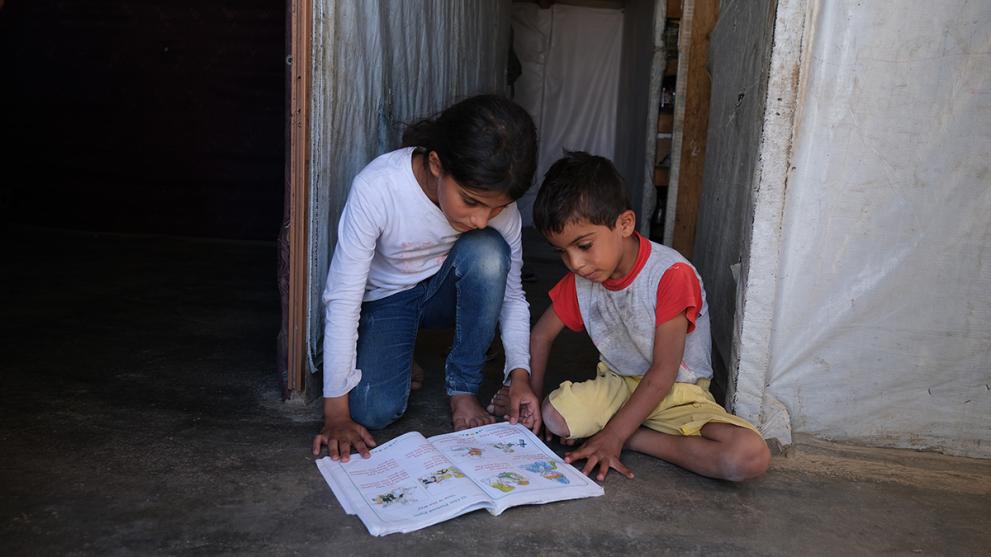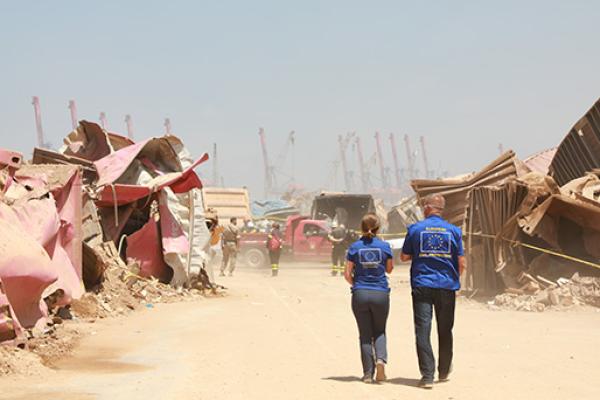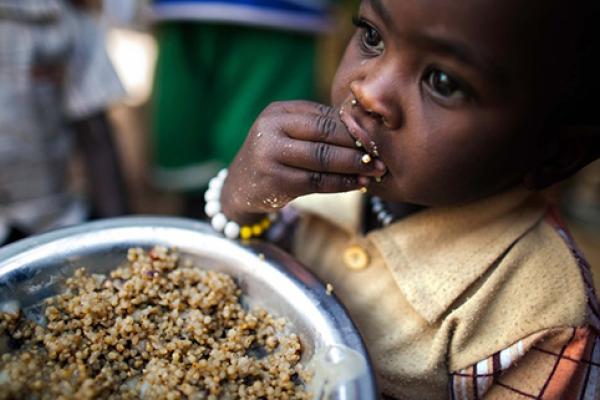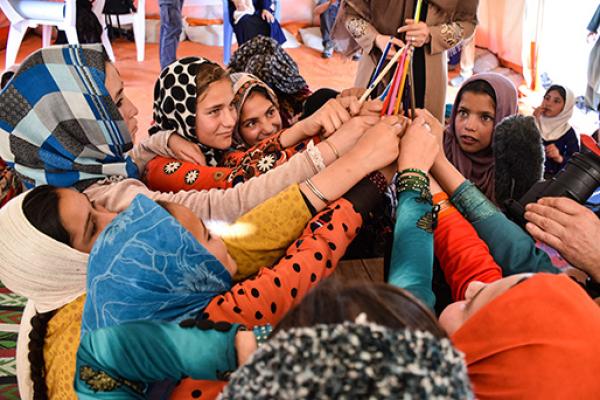
On a visit to Lebanon today, Commissioner for Crisis Management Janez Lenarčič, announced €60 million in humanitarian aid for the most vulnerable people in the country, including Syrian refugees and Lebanese people in need. The Commissioner is visiting EU-funded humanitarian projects and meeting humanitarian partners on the ground as well as the Lebanese authorities.
The funding comes as Lebanon's population is facing increasing poverty levels, food insecurity, and disease outbreaks. An estimated 4 million people need humanitarian assistance to meet their basic needs.
The new EU humanitarian package announced today will provide life-saving humanitarian aid such as food assistance, cash support, education and health services for those who need it the most. It will also help prepare for disasters and provide emergency response.
All EU humanitarian assistance is provided based on needs, regardless of status or nationality. The assistance is delivered via NGOs, UN agencies, and international organisations. The new funding brings EU humanitarian funding for Lebanon since 2011 to almost €860 million.
Commissioner for Crisis Management Janez Lenarčič, visiting Lebanon this week, said: “Lebanon is facing multiple crises which are putting more and more people at risk. In addition, the country hosts some 1.5 million Syrian refugees, the highest number of refugees per capita in the world. I want to thank Lebanon for its generosity in helping those fleeing the horrors of war.
“The European Union will not let the people in need down. We are continuing to support the most vulnerable refugees and local communities. However, the roots of the political and economic crises must be addressed as soon as possible - humanitarian aid is essential for the victims of Lebanon’s multiple crises, but it is not a solution to the underlying challenges,” he added.
Background
Lebanon’s political and economic crisis has resulted in widespread poverty, collapsing public services and growing community tensions.
A global food and fuel crisis has exacerbated the already dire situation. Currently around 4 million people, including 1.5 million displaced Syrians and 2.2 million vulnerable Lebanese, need humanitarian assistance.
An estimated 80% of the Lebanese live in poverty and 36% below the extreme poverty line, while 90% of the Syrian refugees cannot cover their basic needs.
Lebanon hosts the highest number of refugees per capita in the world. Syrian refugee families in informal settlements and collective shelters tend to live in deplorable, substandard conditions. Furthermore, on 6 October 2022, the country declared the first cholera outbreak since 1993.
The EU has been providing humanitarian aid in Lebanon since 2011. While the support primarily focused on the Syrian refugees only, now due the deteriorating situation for Lebanese population, our support is delivered based on needs both to Syrians and Lebanese who need it most.
On 14-15 June 2023, the EU will host the VII Brussels Conference on Supporting the future of Syria and the Region. It will be paramount to ensure meaningful response in Lebanon.
Details
- Publication date
- 30 March 2023
- Author
- Directorate-General for European Civil Protection and Humanitarian Aid Operations (ECHO)




